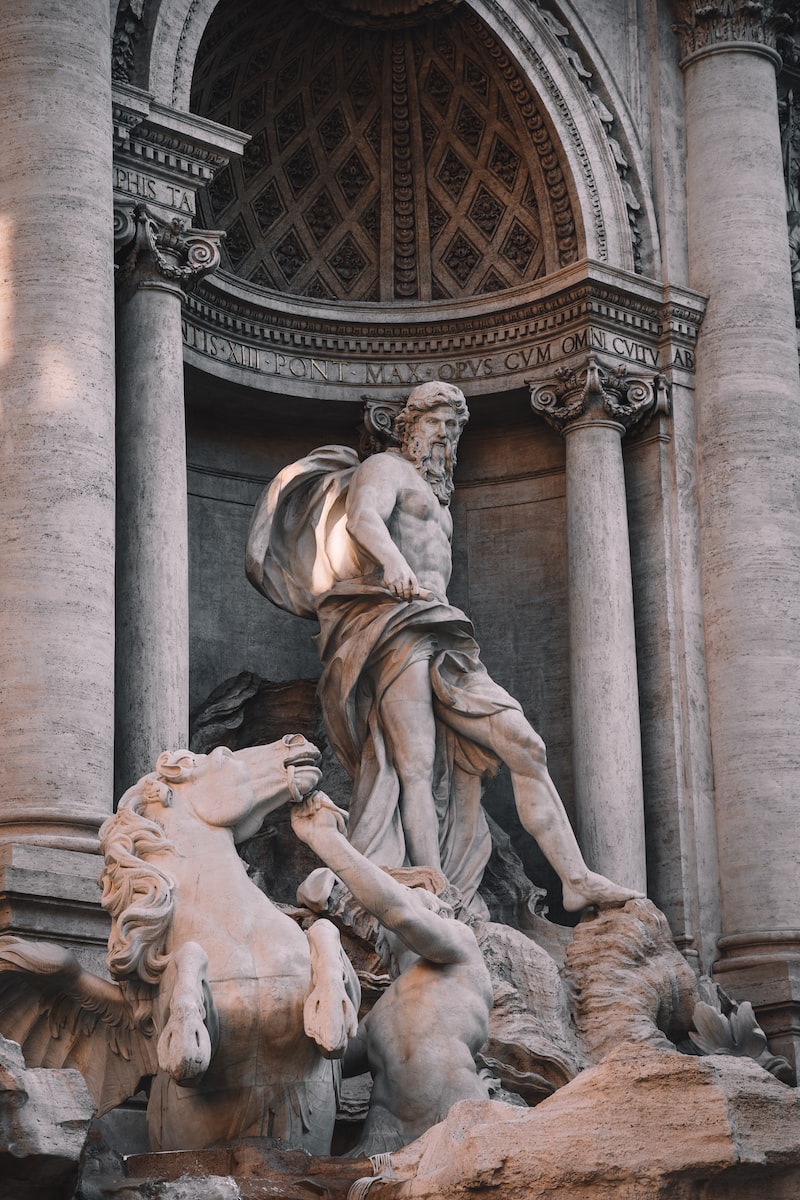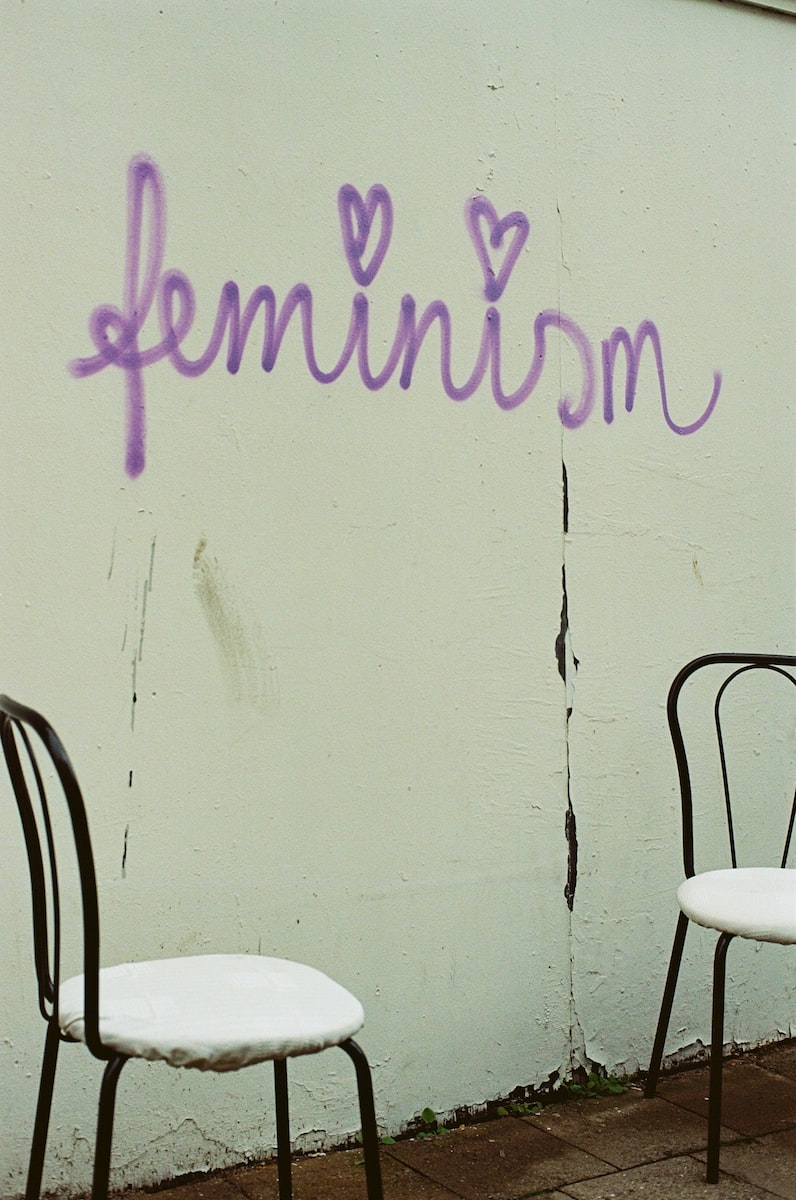“…ὥσπερ εἰς λαβύρινθον ἐμπεσόντες” – Plato, Euthydemus 291b4
-

On Lucian’s Hermotimus
On the intractability of philosophical disagreement, and what this means for philosophical theory and practice S.R., I’ve been gripped these days, more so by the fear than by the thought, that our adherence to philosophies of life is the result, not of reason, but of some psychological disposition. That we have, in light of our…
-

On Hypocrisy
A personal letter and polemic on pop philosophy. Modeled after Seneca’s Letters. S.R., There is a passage of Seneca the Younger’s in which he relates some typical allegations of those who “bark philosophy” (De Vita Beata 17.1), i.e. the Cynic philosophers of his day, the gist of which being this: there are those who profess…
-

What is Virtue?
Seneca on Virtue and the Stoic Sage: Letters 120 and 66 Preliminaries These two letters of Seneca the Younger are concerned with some of the more technical aspects of virtue in Stoic philosophy: what it is ontologically(where it has its being), and what it is by definition (if we are to give an account of…
-

On Longing, Anxiety, and Plato
A personal letter on some of my own anxieties. S.R., Some nights, in the late hours, when the streets are desolate or sparsely populated, lying in bed, awake, I am arrested by the thought, one which I confess with some amusing levity, that I don’t know how to form particular niceties of Ancient Greek syntax.…
-

On the Falling Leaves
A short letter on time, mindfulness, and acceptance. S.R., Wasn’t it just a moment ago that the days were long, the nights cool, and the sun, overhead, scorched the pavement and the passers-by? And to think that now the ground is covered in leaves, there’s a chill in the air, and it’s gotten dark hardly…
-

Existentialism and Individual Metamorphosis
How do we change who we are as people? And where do we begin? Anguish, Sartre claims, is to be understood as the perpetual modifiability of one’s fundamental project (Sartre 262). Sartre defines this fundamental project as neither instantaneousnor non-temporal (267). As it is manifested in the world by means of choices (which are themselves…
-

On the Liberal Arts
The purpose of a liberal arts education. Ignorance is ubiquitous. So is pedantry, for those who like fancy-sounding Latinate words. The purpose of higher education today (though it has always been this way), lies somewhere between pedantry and ignorance. Somewhere along that continuum lies personal development. Higher education is typically valued in that it produces…
-

Elisabeth of Bohemia’s Critique of Cartesian Dualism
The Interaction Problem, Substance Dualism, and that one time Descartes gave a terrible excuse when philosophically cornered by a woman Elisabeth of Bohemia, the Winter Queen, daughter of Frederick V, and the spotlight of this piece, was a contemporary of Rene Descartes who raised pointed (read: s avage ) objections to his substance dualism in…
-

On Ennui
A personal letter on some of my own thoughts, anxieties, and conflicts. A personal philosophy. S.R., Something of the Roman philosopher Seneca’s comes, at intervals, to mind: “You are so close, Lucilius, that I begin to doubt whether I should write you notes rather than letters!” (Seneca, Letter 50.11.18–19; my translation). This might come to…
-

Cartesian Feminism: François Poulain de la Barre and Gender Equality
Cartesian epistemology, metaphysics, and philosophy that’s actually still relevant. Introduction: François Poulain de la Barre ( 1648–1723), 17th century French philosopher, intellectual progressive, and Catholic priest, is notable for his work on gender equality, his treatise On the Equality of the Two Sexes. Poulain’s work arises toward the end of a long-standing period of debate…
Got any book recommendations?









